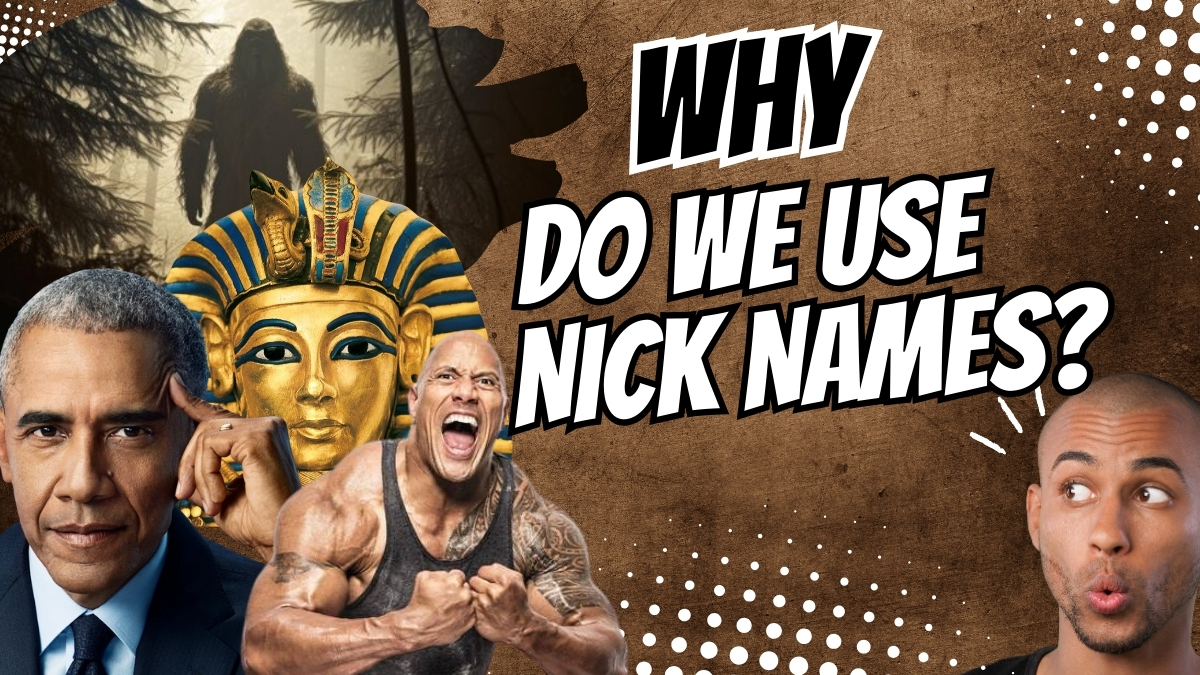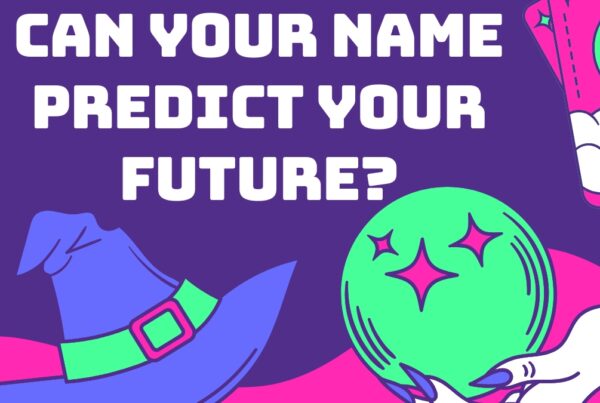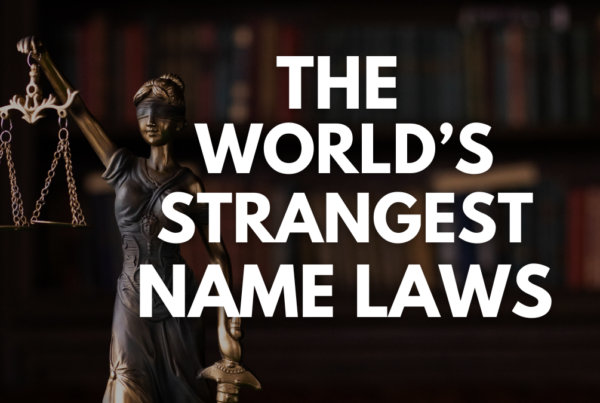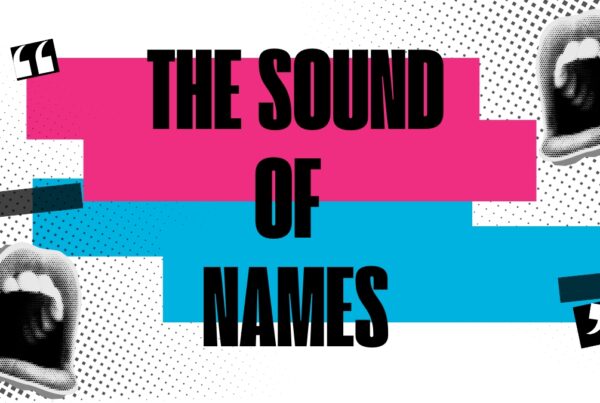Introduction: The Power of Nicknames
Have you ever thought about why we use the name “Mike” instead of “Michael,” or “Liz” instead of “Elizabeth”? Nicknames are everywhere, and they usually have a meaning greater than we understand. They can express love, make it easy to communicate, or serve to symbolize power.
For centuries, nicknames have existed and evolved alongside human language and social interaction. They carry out different roles, such as simplifying communication and strengthening bonds.
Nicknames have existed since ancient civilizations, where they were often used to describe personal traits, achievements, or status.
Nicknames in Ancient Times
- Ancient Egypt & Mesopotamia: Pharaohs and rulers often had multiple names, including birth names and honorific titles, some of which acted like nicknames.
- Ancient Greece & Rome: Roman emperors were often given nicknames based on their personality or accomplishments. For example, Gaius Julius Caesar’s family name “Caesar” eventually became a title for rulers.
- Vikings & Medieval Europe: Warriors and kings were commonly given nicknames based on physical features or deeds, like “Eric the Red” (due to his red hair) or “Harald Bluetooth” (who had a dead tooth).
Nicknames in Work and Society
- In medieval times, many people didn’t have last names, so nicknames helped identify them. A blacksmith might be called “John the Smith,” which later became the last name “Smith.”
- In military and sports, nicknames were often used to highlight a person’s strengths, like “The Rock” (Dwayne Johnson) or “The Black Mamba” (Kobe Bryant).
- In organized crime and secret societies, nicknames were used for anonymity, like “Al Capone” being called “Scarface.”
Modern Nicknames and Pop Culture
- Today, nicknames are everywhere, from celebrity stage names (like Lady Gaga or Eminem) to social media usernames.
- Many people also develop online nicknames (or “gamertags”) in gaming and social media communities.
- Nicknames continue to evolve based on trends, pop culture, and personal relationships.
Nicknames can also display playfulness or even loyalty. While some individuals praise their nicknames, others prefer their full names. Sometimes, a nickname can come from someone’s personality traits, looks, or even a funny incident.
A tall person might get called “Stretch,” while someone who always tells jokes might be “Smiley.”
People can also feel special because of their nicknames. Consider how sports teams, groups of friends, and families occasionally come up with their own names for one another. These names make a sense of belongingness in relationships. Even celebrities use nicknames to create an image. Would Dwayne “The Rock” Johnson have the same level of fame without his nickname? Most likely not!
This article will discuss the reasons behind name shortening, its effect and relevance.
Why Do We Shorten Names?
It’s Easier and Faster
One big reason we shorten names is because it saves time. People like to say things quickly, so shorter names are easier.
- “Jonathan” becomes “Jon.”
- “Catherine” becomes “Cat.”
- “Alexander” becomes “Alex.”
Shorter names are also easier to remember. Our brains like things that are simple!
Nicknames Show Friendship
Nicknames can make people feel closer. When we call someone by a nickname, it feels more personal.
- “Jennifer” might be “Jenny” to her best friends.
- “Robert” might be “Bobby” to his family.
Studies say that people with nicknames often have stronger friendships. It’s like a secret way of saying, “I know you well!”
Different Cultures, Different Nicknames
Every place in the world has different ways of using nicknames. Some places love nicknames, and some don’t use them as much.
- In the U.S., names often get shortened. (James → Jim, William → Bill)
- In Japan, people don’t shorten names, but they add endings like “-chan” or “-san” to show respect.
- In Russia, names can have many versions! (Alexander → Sasha, Ekaterina → Katya)
Nicknames can help people feel like they belong to a group.
Nicknames at Work
At work, nicknames can make people feel friendly. But sometimes, people like their full name because it sounds serious. A boss named “Jonathan” might like “Jon” to seem easygoing, but another might prefer “Jonathan” to sound professional.
How Nicknames Affect People
Nicknames and Who We Are
A name is a big part of who we are, but a nickname can change how we feel about ourselves and towards other people. Some people use different names in different places.
While at work, “Matthew” might be known as “Matt” among his friends.
At home, “Victoria” might be “Vicky,” but in school, it’s “Victoria.”
According to psychologists, nicknames allow individuals to communicate different shades of their personality. With one name, a person might feel serious, while with another they might feel relaxed. Sometimes, people even choose a nickname to reinvent themselves. A shy individual may choose a daring nickname to project confidence, while a person seeking a new beginning may choose an entirely different name.
Nicknames and Power
To appear more serious, politicians often use full names. Using a full name expresses professionalism and authority. For example, the names “Barack Obama” and “Hillary Clinton” carry a strong and official tone, showing their professional image. Many historical figures retained their complete names for the same reason, such as “Abraham Lincoln” or “Winston Churchill.” By shortening their names, they may have appeared less formal and less powerful.
Many musicians, actors, and athletes use shortened names to stand out. Think of “Drake” instead of “Aubrey Graham” or “Bono” instead of “Paul Hewson.” These names help shape their public image and make them more memorable.
To appear friendly and reachable, a boss might allow employees to call him “Rick” instead of “Richard.” When leaders use a nickname at work, it can make them appear more easygoing and relaxed.
Funny Nicknames
Nicknames usually come from cheerful times, common experiences, or even friendly interactions among friends. They are memorable because they capture a special behavior, a funny event, or an unusual aspect of someone’s personality that sets them apart.
As an example, a person who is always late may be dubbed “Tardy Terry,” while someone who constantly tells jokes might be referred to as “Giggles” or “The Comedian.” Frequently, nicknames develop from incorrectly pronounced names, such as transforming “Jonathan” into “Johnny Bananas” for fun. Some may have originated from favorites or behaviors of an individual who is always on their phone, which might be dubbed “Texter” or “Hashtag.”
How Nicknames Bring People Closer
Nicknames for Couples
It’s common for couples to give each other adorable nicknames. It gives them a sense of closeness and uniqueness. While “Babe,” “Honey,” and “Sweetie” are popular choices, many couples create their own unique names.
Some individuals use food-related nicknames like “Pumpkin,” “Sugar,” or “Muffin.” Some choose lighthearted options like “Snuggle Bug” or “Goofball.” If they share a love for games or movies, they could choose names such as “Player Two” or “Chewie” from Star Wars.
Research indicates that couples who use nicknames tend to be happier. It enhances their sense of connection and maintains a fun atmosphere. Regardless of the nickname, it’s a charming way to express love.
Nicknames for Friends and Groups
Friends enjoy the practice of putting nicknames on one another, which can be comical or taken from the person’s character traits.
A friend named “Daniel” could be playfully referred to as “Danny Boy.” A person who always cracks jokes may be nicknamed “Giggles.” A friend who is very tall could be referred to as “Bigfoot,” while a runner with extraordinary speed might go by “Speedy.”
Even in the workplace, individuals create nicknames. If their boss is a strong leader, a group of coworkers might refer to them as “The Captain.” A teacher who makes learning enjoyable might be referred to as “Professor Fun.”
People feel a sense of belonging through the use of nicknames. They strengthen friendships and create unique memories that endure for a lifetime.
When Nicknames Hurt
Some nicknames aren’t fun. Some individuals can be rude, causing others to feel bad.
Children sometimes end up with nicknames they hate. When a nickname is taken from something that causes embarrassment or pain, it can lead to feelings of sadness or separation. Though it may appear funny to be called names such as “Slowpoke” or “Clumsy,” these labels can hurt someone’s feelings.
Inappropriate nicknames can negatively affect people’s self-esteem and make them feel bad about themselves. Everyone dislikes being named in a way that makes them feel small.
This is the reason why it’s essential to choose kind nicknames that bring joy to others. A good nickname should create a smile and feelings of specialness, rather than upset someone. Using kind words helps ensure everyone feels included and respected.
Fun Facts
The Word “Nickname” Started as a Mistake
The word “nickname” comes from an old English phrase, “ekename,” which meant “additional name.” Over time, people misheard “an ekename” as “a nickname,” and the spelling changed.
Some Nicknames Came from Mistakes
- “Pepsi” was originally named after the digestive enzyme “pepsin,” but the nickname stuck.
- “Teddy Bears” were named after President Theodore “Teddy” Roosevelt when he refused to shoot a bear on a hunting trip.
- “Bluetooth” (the wireless technology) was named after the Viking King Harald Bluetooth, who united Denmark and Norway.
Some Nicknames Become More Famous Than Real Names
Sometimes, people become so well known by their nicknames that few remember their actual names:
- Che Guevara (Real name: Ernesto Guevara) – The revolutionary’s nickname “Che” came from an Argentine expression he frequently used.
- Bono (Real name: Paul David Hewson) – The U2 frontman got his nickname from a hearing aid store called “Bonavox,” which means “good voice” in Latin.
- Pope Francis (Real name: Jorge Mario Bergoglio) – While popes take new names, Francis chose his after Saint Francis of Assisi.
- Dr. Seuss (Real name: Theodor Geisel) – His pen name “Seuss” was his middle name, but he added “Dr.” as a joke since his father wanted him to become a doctor.
Nicknames Can Be Used for Safety or Anonymity
Many writers and artists use pen names or stage names for privacy.
- Mark Twain (Real name: Samuel Clemens)
- George Orwell (Real name: Eric Arthur Blair)
- J.K. Rowling – She used initials because publishers thought boys wouldn’t read books written by a woman.
Animals Have Nicknames, Too!
Some animals are better known by their nicknames than their actual species names:
- “Bigfoot” – The legendary ape-like creature in North America.
- “Nessie” – The Loch Ness Monster.
- “Moby Dick” – A famous white whale (inspired by a real whale named Mocha Dick).
- “The King of the Jungle” – A lion.
- “Trash Panda” – A funny nickname for raccoons.
Nicknames for Days of the Week? Yes, That’s a Thing!
Some days of the week have well-known nicknames:
- Monday – “Manic Monday” (from the song by The Bangles).
- Wednesday – “Hump Day” (because it’s the middle of the week).
- Friday – “TGIF” (Thank God It’s Friday).
- Sunday – “Lazy Sunday” (popularized by a Saturday Night Live skit).
Internet Nicknames & Online Culture
The internet has created tons of famous nicknames:
- “The GOAT” – Greatest of All Time (used for sports and entertainment icons).
- “Trolls” – People who purposely cause chaos online.
- “Stan” – A mix of “stalker” and “fan,” meaning an obsessed fan (from the Eminem song Stan).
- “Boomers” – A nickname for older generations (sometimes used jokingly).
Why Nicknames Are Important
Nicknames are more than just shortened versions of names. They create a sense of belonging, make conversations easier, and can even shape how people see each other. Whether it’s a childhood nickname, a playful name from friends, a sports alias, or a royal title, nicknames often tell a bigger story than the real name itself. They can be funny, inspiring, and even legendary, leaving a lasting impact on our lives.
But have you ever wondered why some names just sound better than others? The way names are spoken can influence how we feel about them. Continue reading to explore The Sound of Names and how it affects our perceptions!




